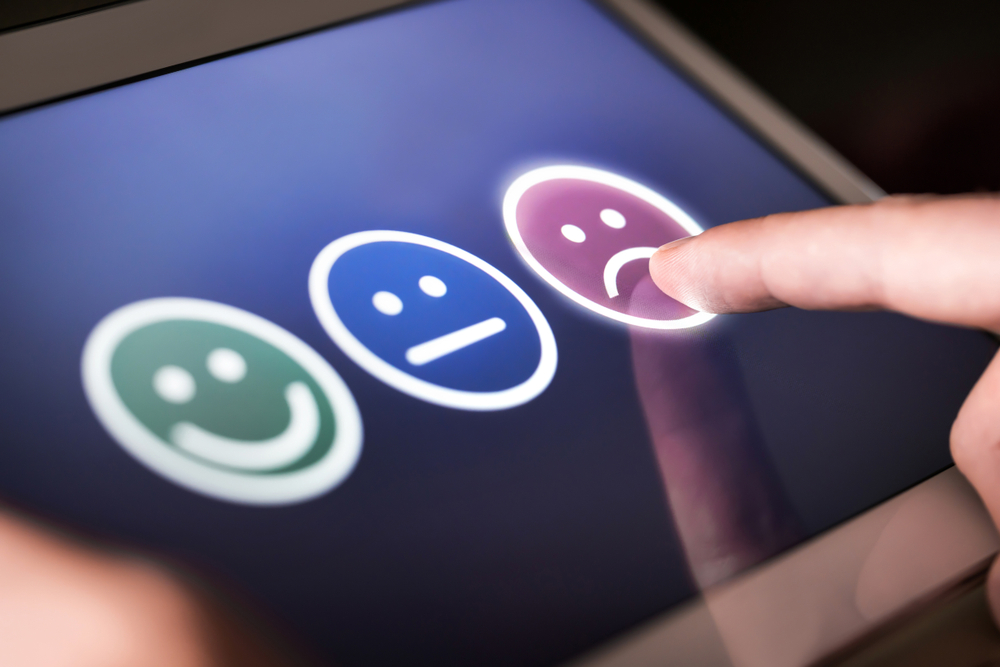
There are a couple different ways to interpret the term “cheap hearing aids”. For somebody on a small budget, it means “affordability”. On the other hand, it implies low-quality, turning a seemingly economical purchase into a not-so-smart decision, epitomized by the adage “You get what you pay for”.
Unfortunately, determining whether you’re getting a great value from whether you’re purchasing a very low-quality device can be tricky. This is especially relevant in terms of hearing aids.
With hearing aids, the saying “you get what you pay for” rings especially relevant. This doesn’t necessarily mean opting for the top-tier option, but instead, looking closely at offerings that boast a price tag too tempting to be legitimate. Customers need to be aware that essential information is often left out of the marketing campaigns of cheap hearing aids.
Cheaper hearing aids are pretty much only amplifiers
Boosting the overall volume is generally the only thing cheap “hearing aids” are capable of. If you boost the volume to hear the TV better, you’ll also pick up background noises like the dishwasher, a fan in a different room, a barking dog, or the sound of your house shoes going across the floor.
The purpose of having a hearing aid is totally defeated if it also amplifies unwanted sound.
A contemporary state-of-the-art hearing aid, in contrast, does much more than just crank up the volume. It skillfully manages sound, improving the clarity of desired sounds while tuning out background noise. Genuine hearing aids are tuned to your particular hearing needs, closely simulating natural hearing with better accuracy.
PSAPs vs. Hearing Aids
There are strict rules about what an advertiser can call a hearing aid as published by the Food and Drug Administration.
Regrettably, there are many devices out there that market themselves as hearing aids when they are actually personal sound amplification products (PSAPs), named such because they can only amplify sound.
There are lots of legit and reputable providers that comply with proper marketing. But there are some sellers, particularly online, that may be misinformed about what defines the difference between hearing aids and PSAPs, and as a result, they put out misleading claims about their products. Some even incorrectly advertise that they are approved by the FDA.
For most types of hearing loss they won’t be effective at all
Most people who lose their hearing will gradually lose certain frequencies of sound before others. You might have a difficult time understanding a little kid or a woman, for example, but you have no problem understanding a man with a low voice.
You get overall amplification with cheap hearing aids. But, if you struggle with particular frequencies, just increasing the volume will be insufficient. And turning up the overall volume could lead to added damage to your hearing because the frequencies you don’t have trouble with will be roaring in your ears.
High-quality hearing aids offer a solution by being programmable to compensate for the loss of specific frequencies. They offer a more customized hearing experience by shifting frequencies you can’t hear very well to frequencies you hear better.
You might get a lot of feedback
Cheap hearing aids are typically not custom fit to your ears. Without that custom fit, you’ll generate a feedback loop. The microphone picks up the sound from the speaker in your ear as it jiggles around. This will result in a deafening screech.
They normally won’t help you on your cellphone
Functionality is frequently sacrificed when opting for budget options, and this is true for many inexpensive hearing aids lacking Bluetooth connectivity. The absence of Bluetooth becomes critical when considering phone connectivity. Attempting to amplify a cheap hearing aid while on the phone leads to capturing not only the caller’s voice but also the sounds of your ear, lips, clothing, and hair rubbing against the phone, making it even more challenging to hear the person on the other end.
More sophisticated hearing aids are digital and use Bluetooth connectivity to connect directly to your phone. Overall communication and clarity will be enhanced so you can be sure you will hear your daughter’s voice on the phone.
They were never meant to treat hearing loss
Most individuals would probably be surprised by this. PSAPs were never designed for people with hearing loss. They were made to amplify sound for people who have relatively good hearing.
If you have very mild hearing loss then cheap devices might help a little. But individuals who actually need hearing aids won’t find these cheaper devices that useful.
Finding quality, affordable hearing aids
Getting affordable quality hearing aids isn’t hard. They might even be covered by insurance or other third parties. There are also affordable brands, leasing plans, and financing possibilities. If you suspect you have hearing loss, start by getting checked out. Schedule an appointment with us so we can help you find the best and most affordable hearing aids for your degree and type of hearing loss.
References
https://www.fda.gov/medical-devices/consumer-products/hearing-aids